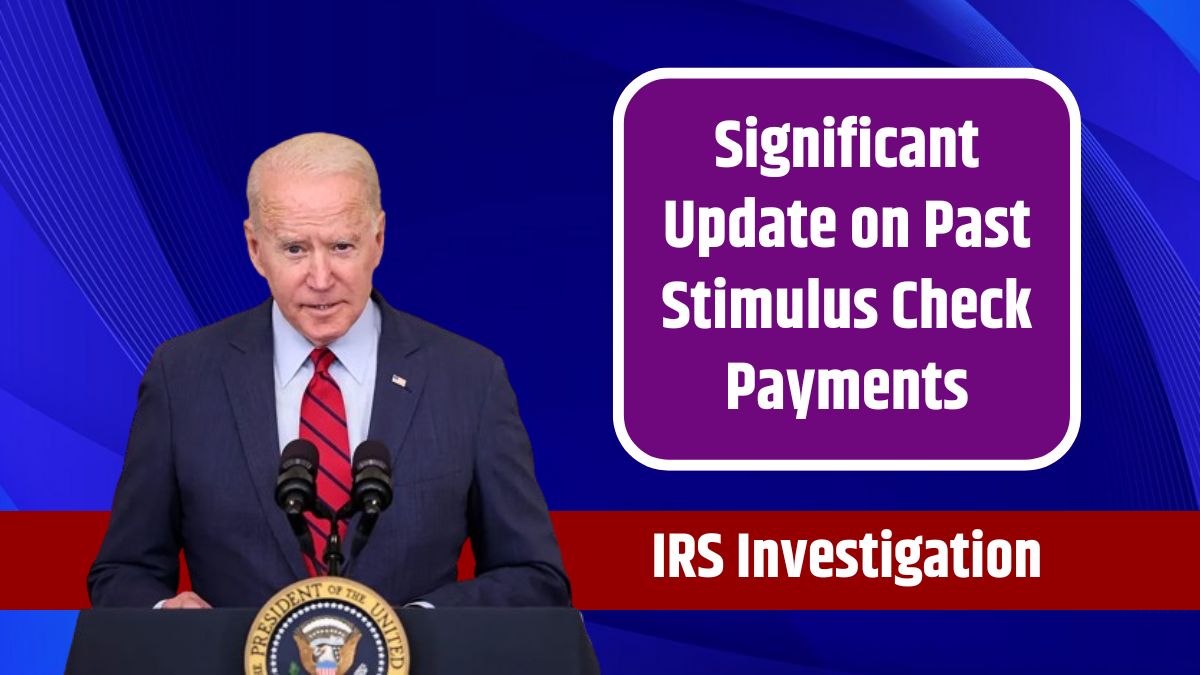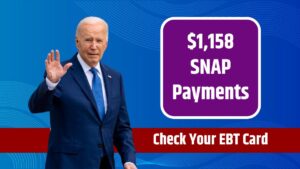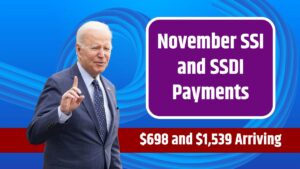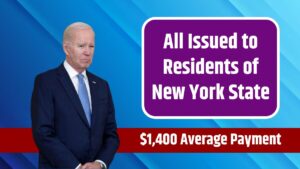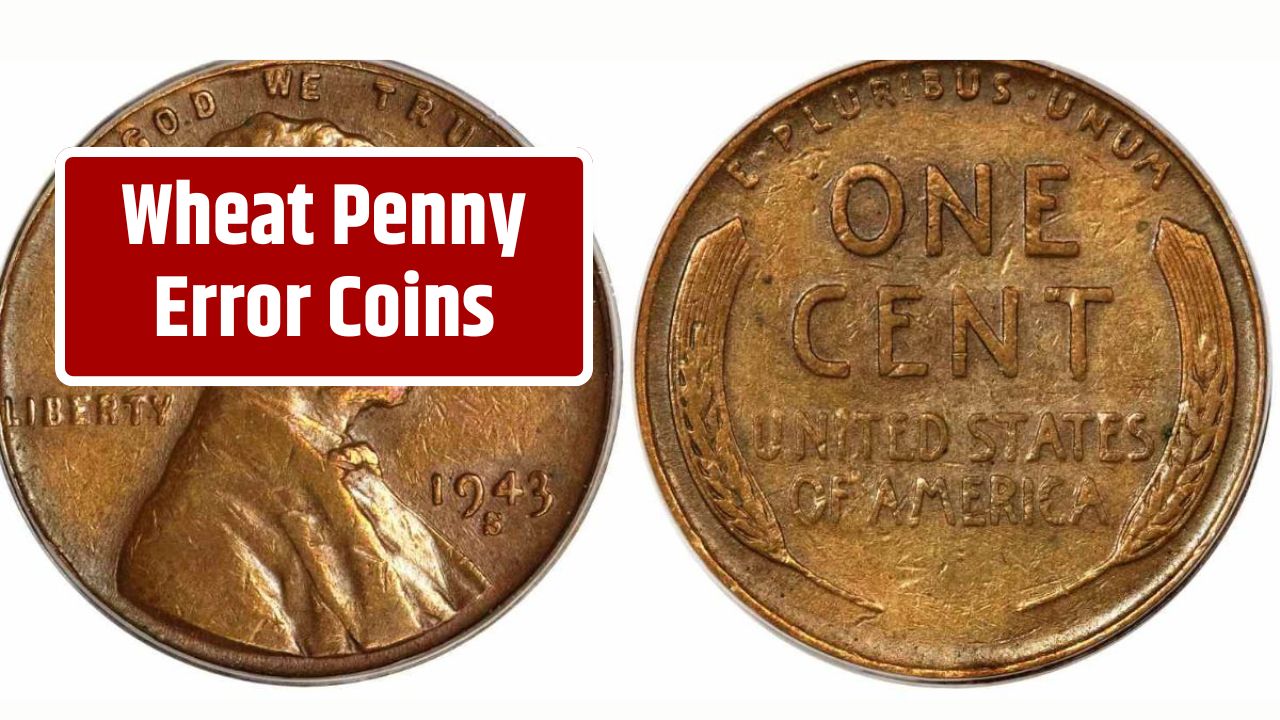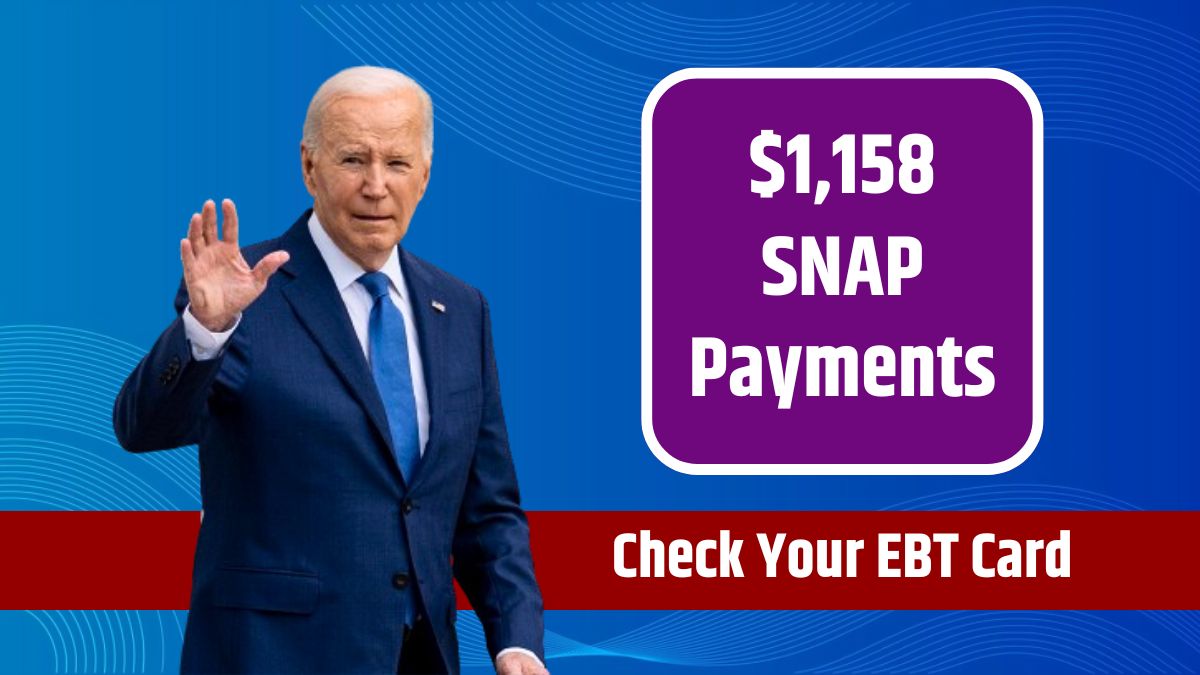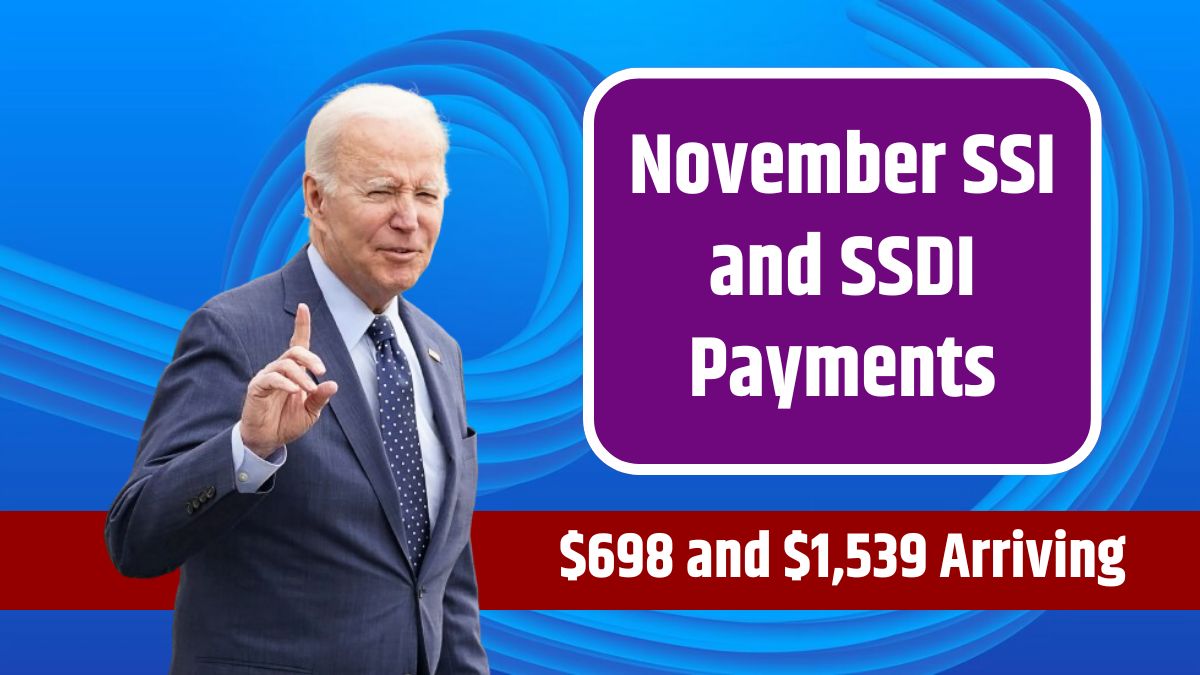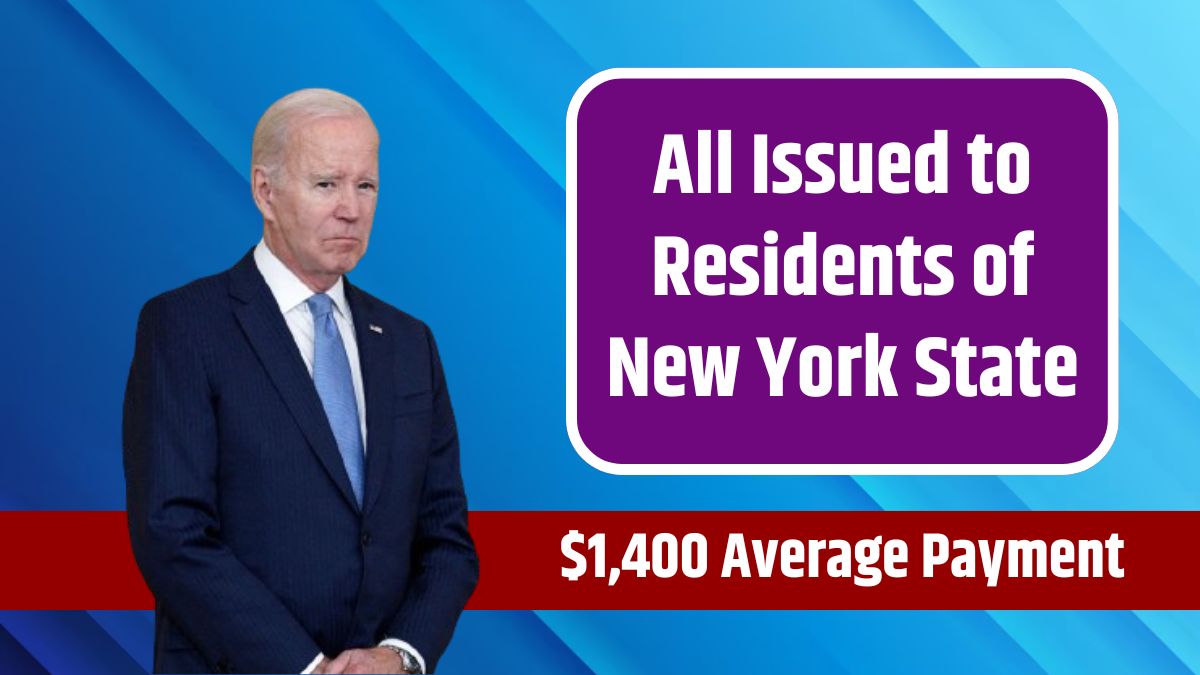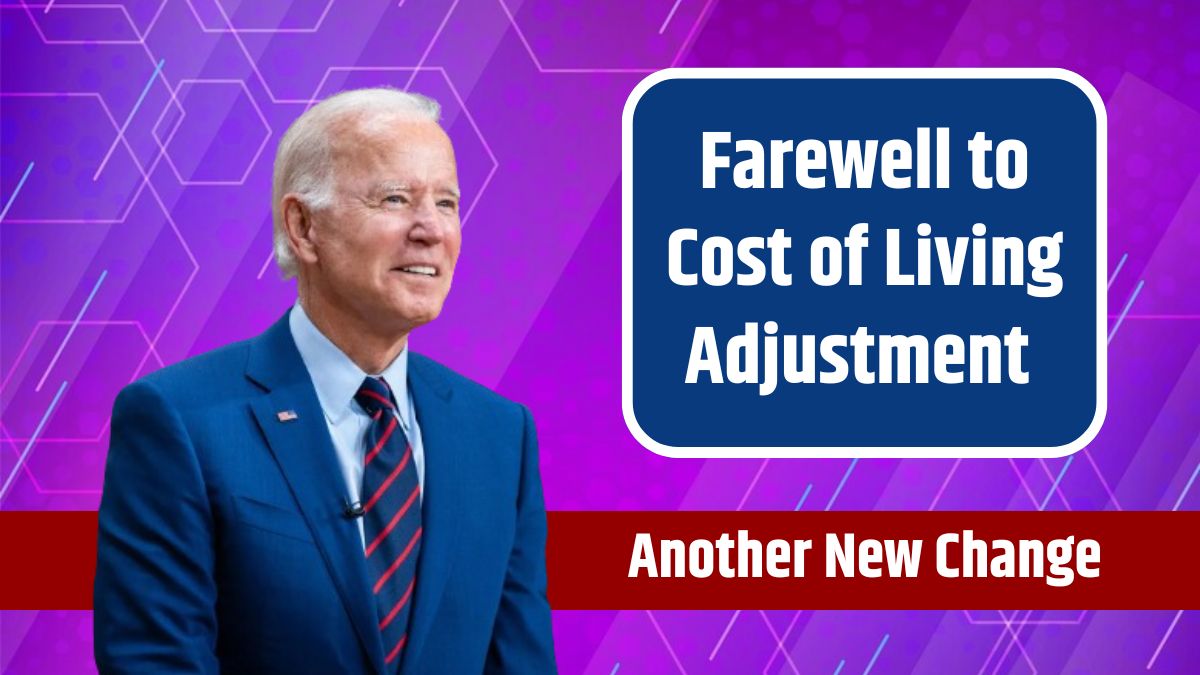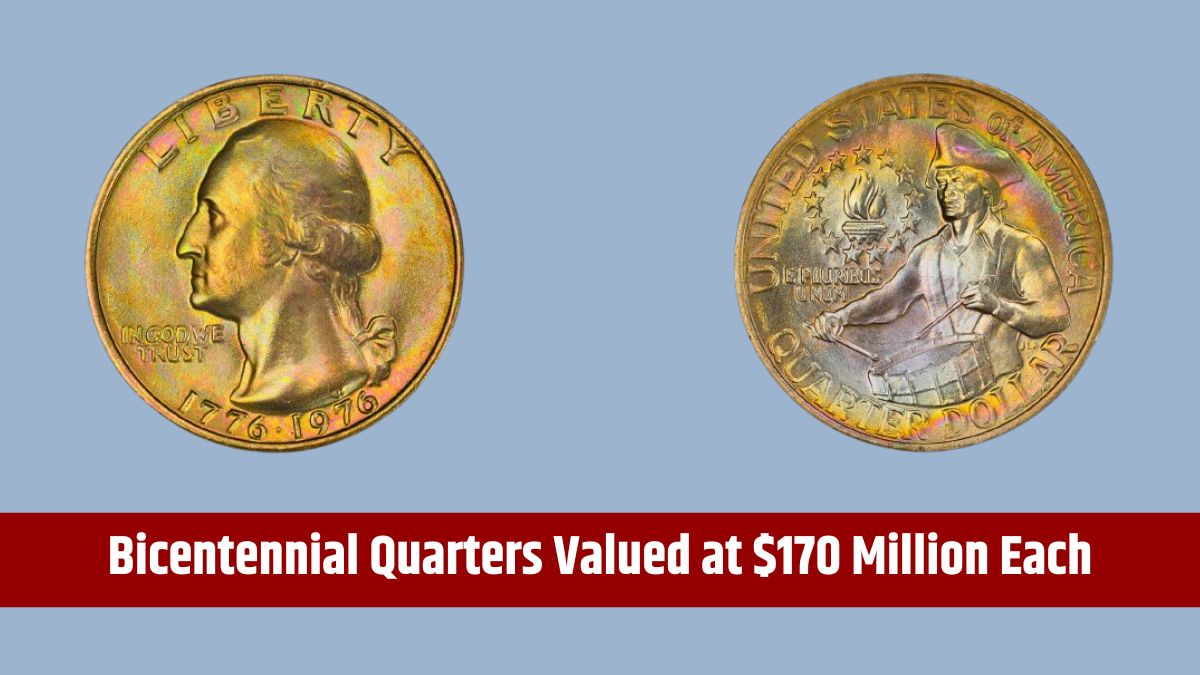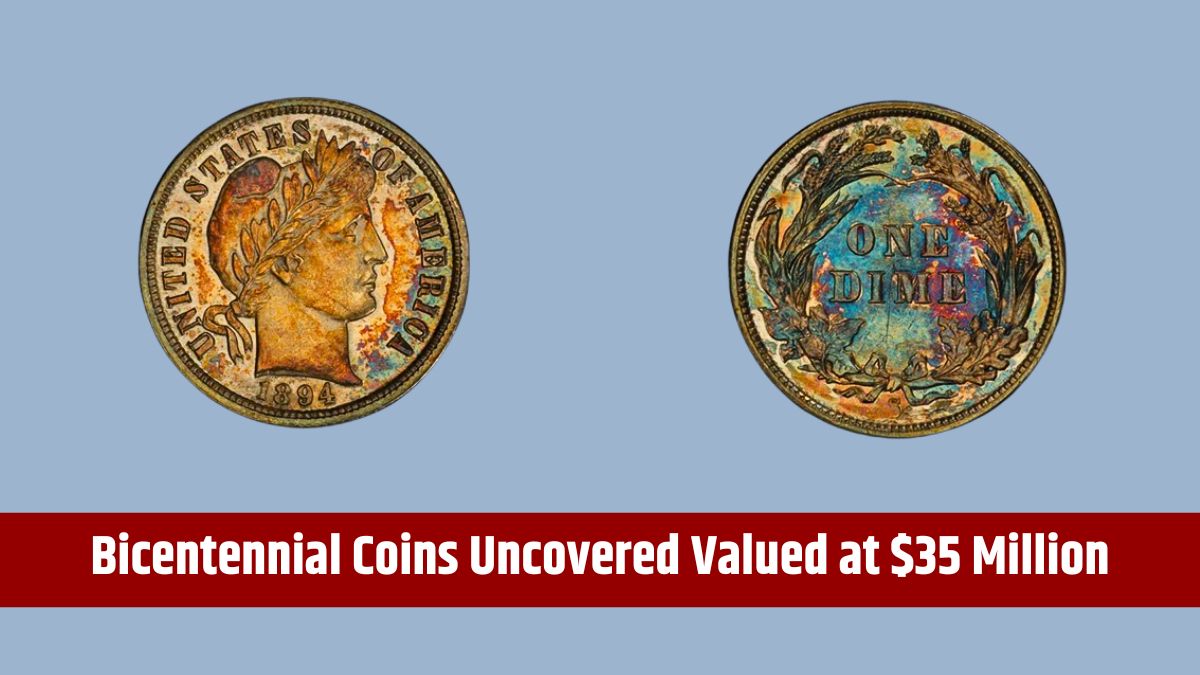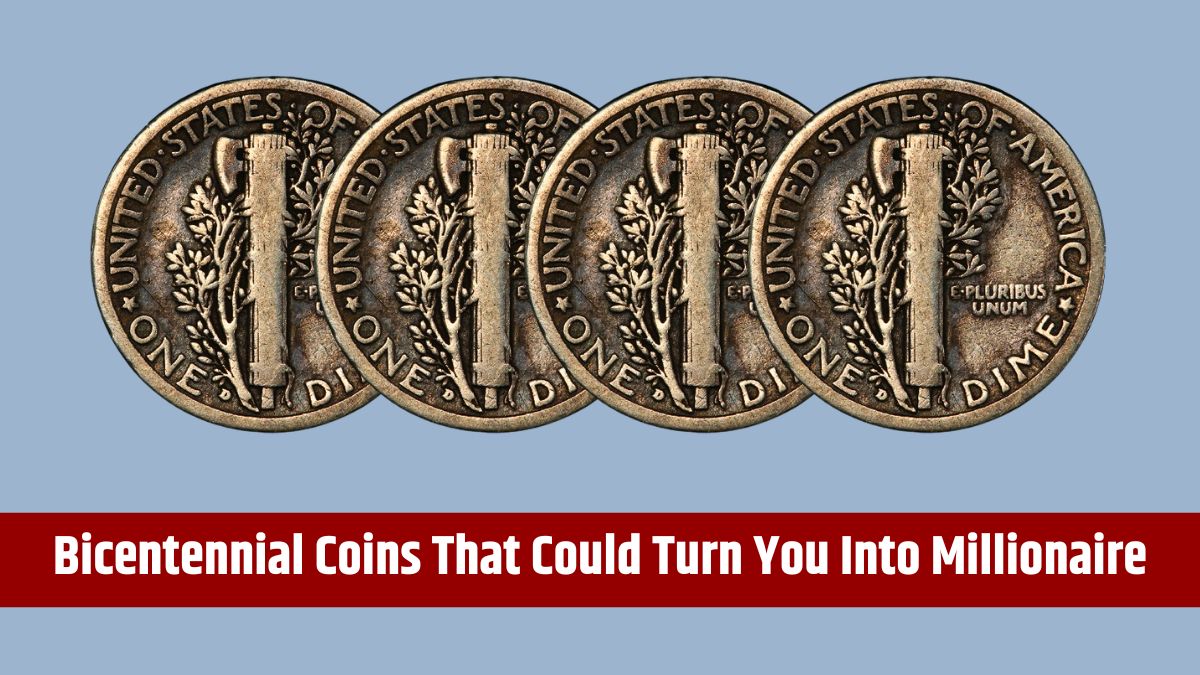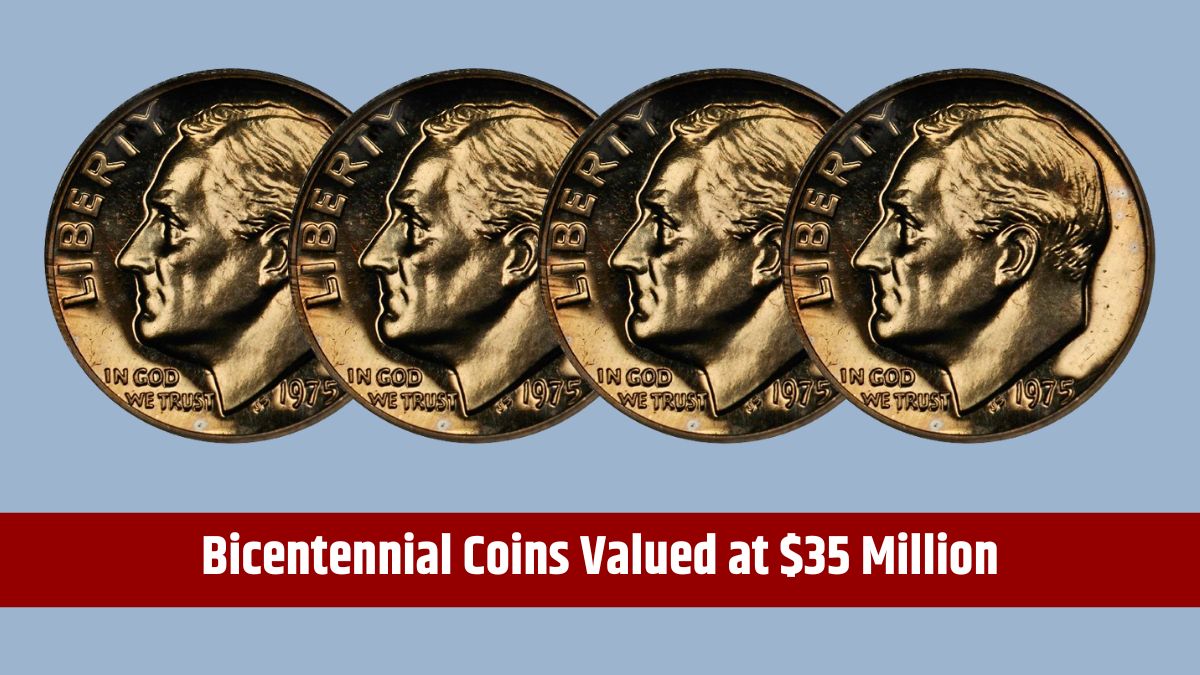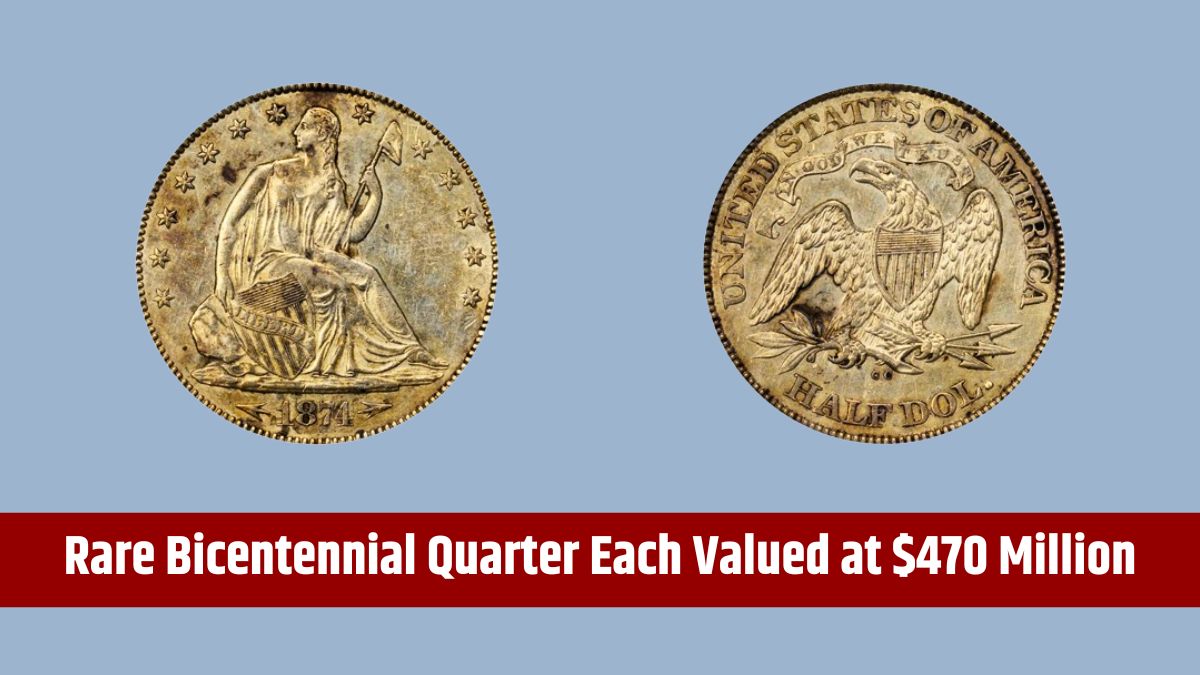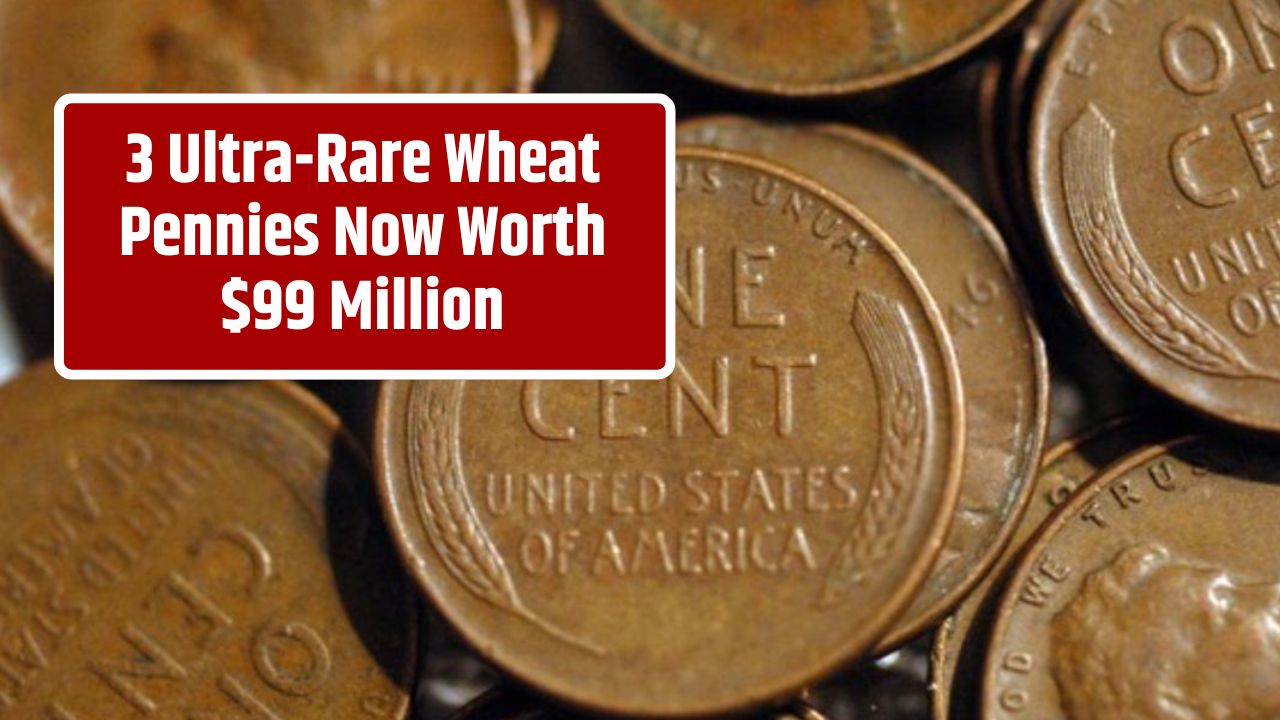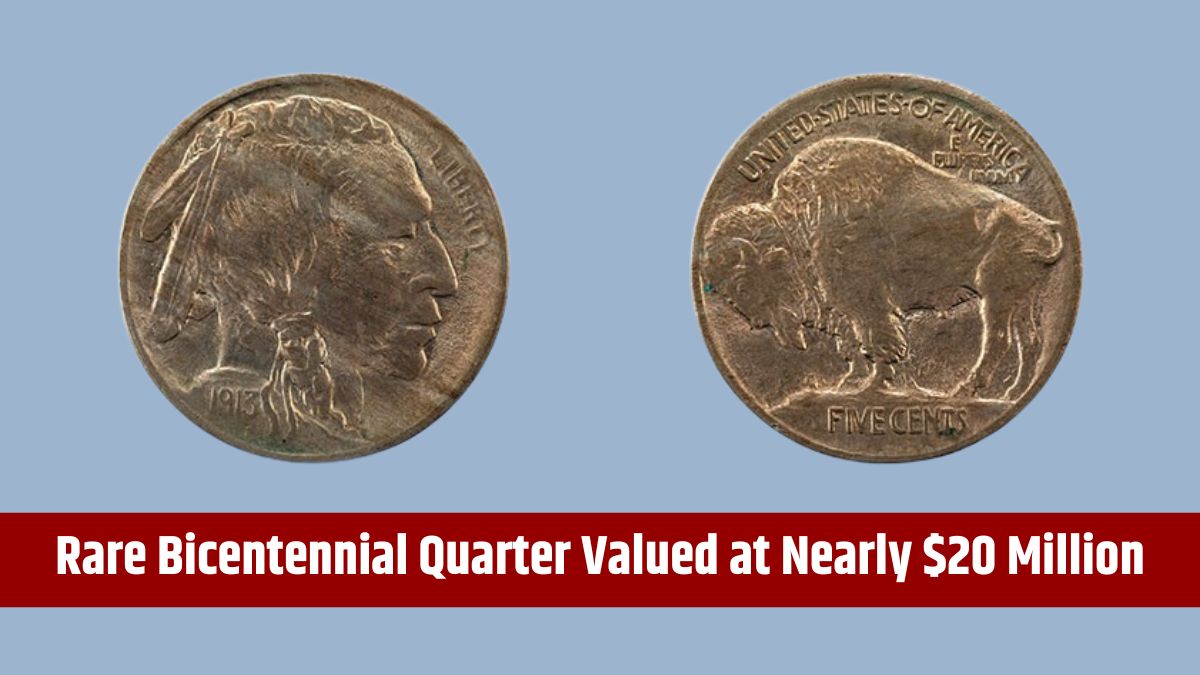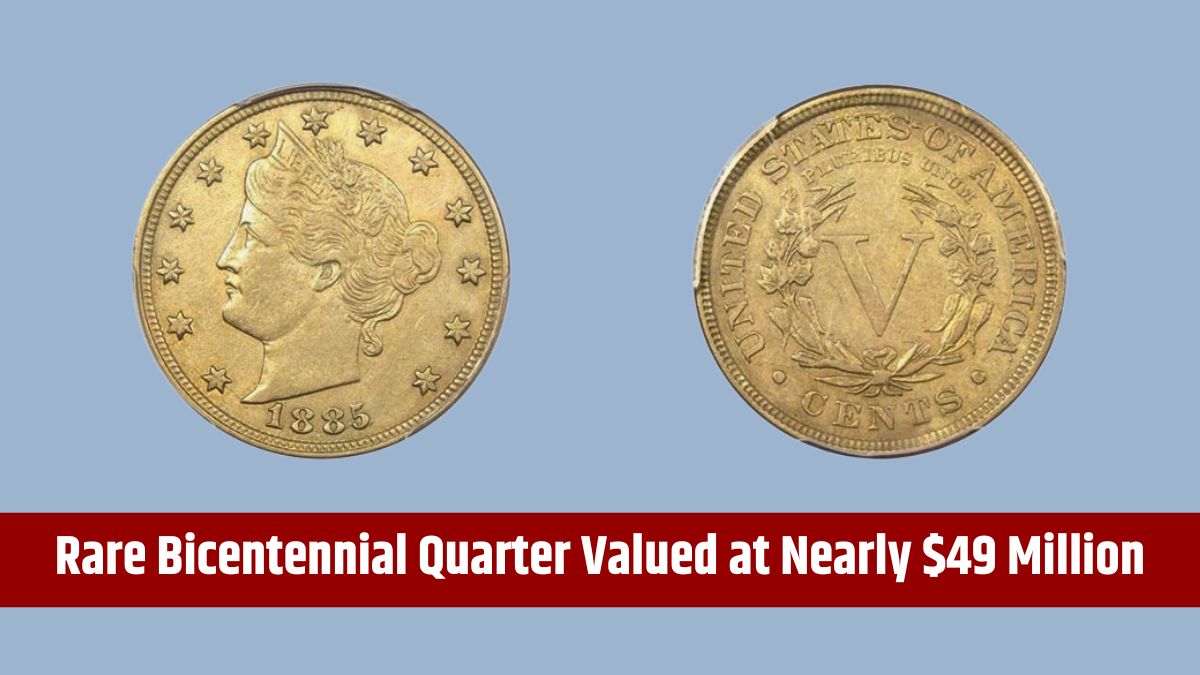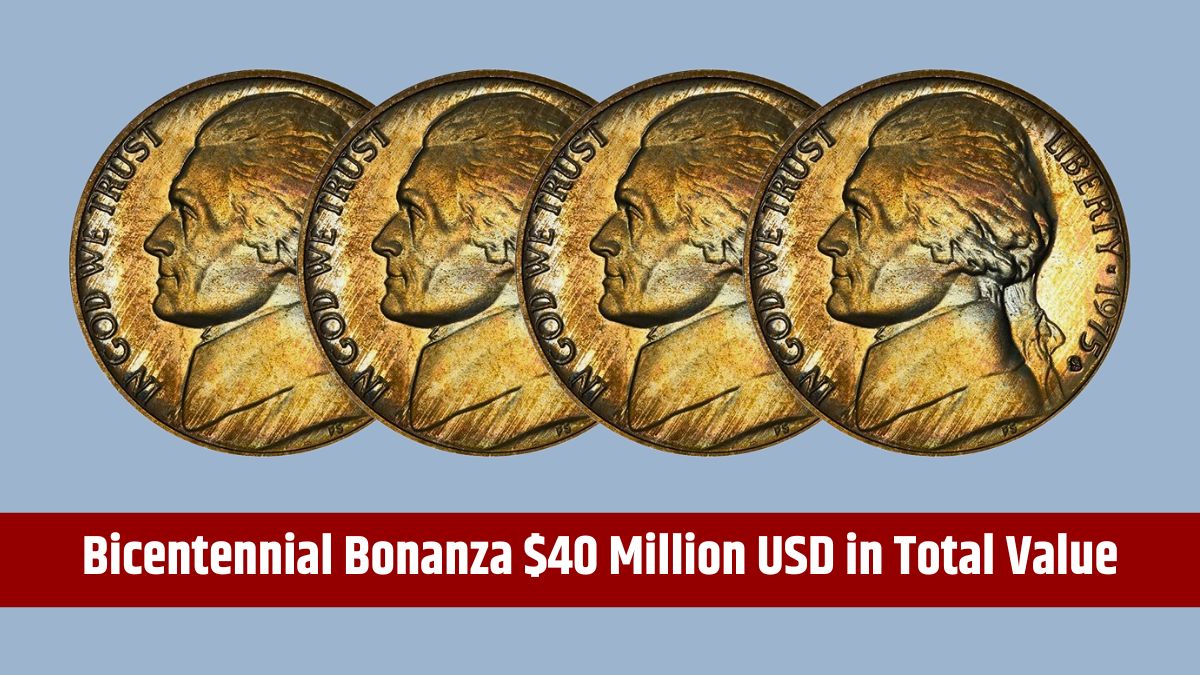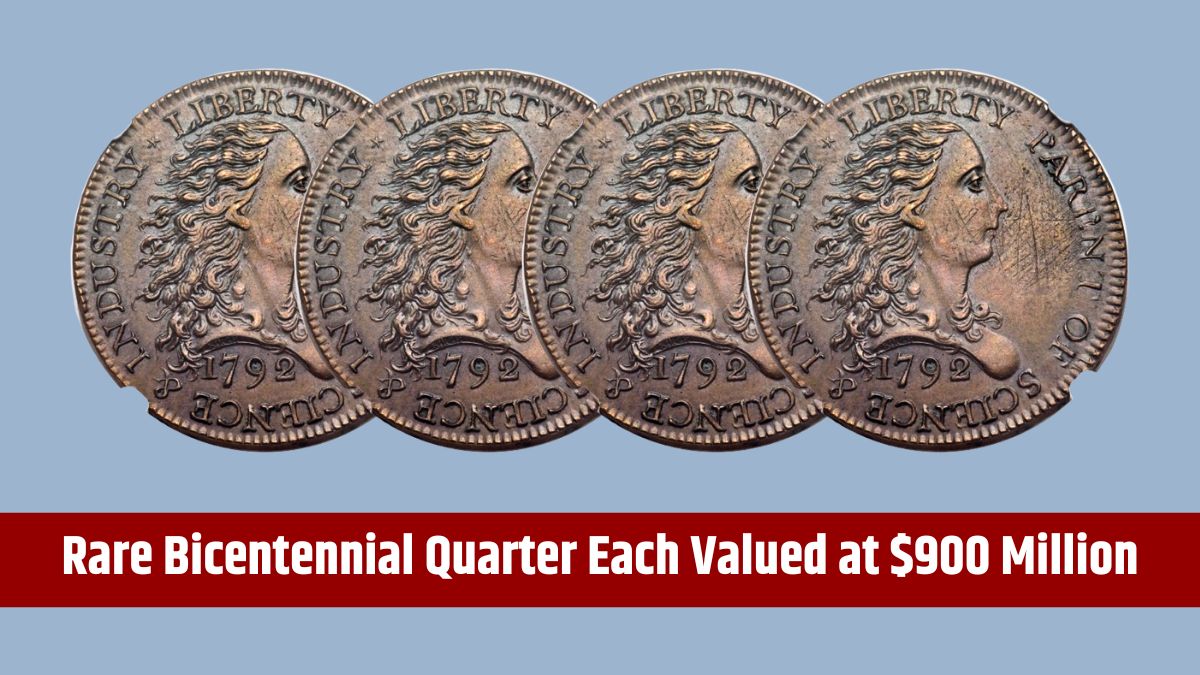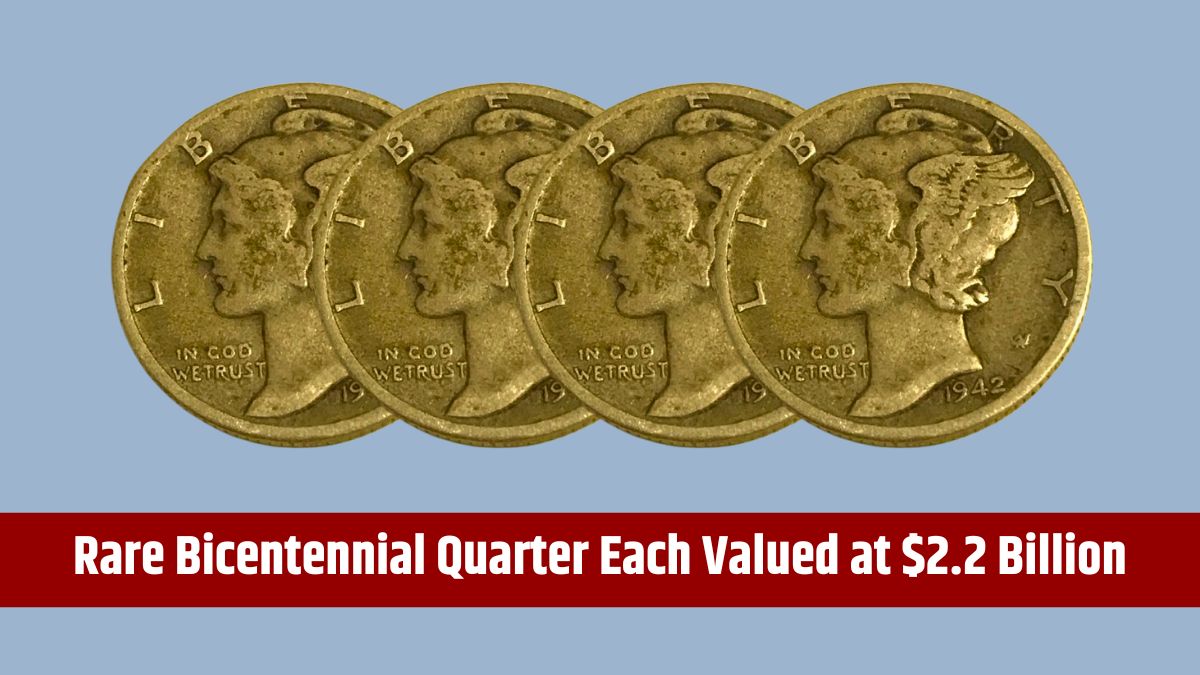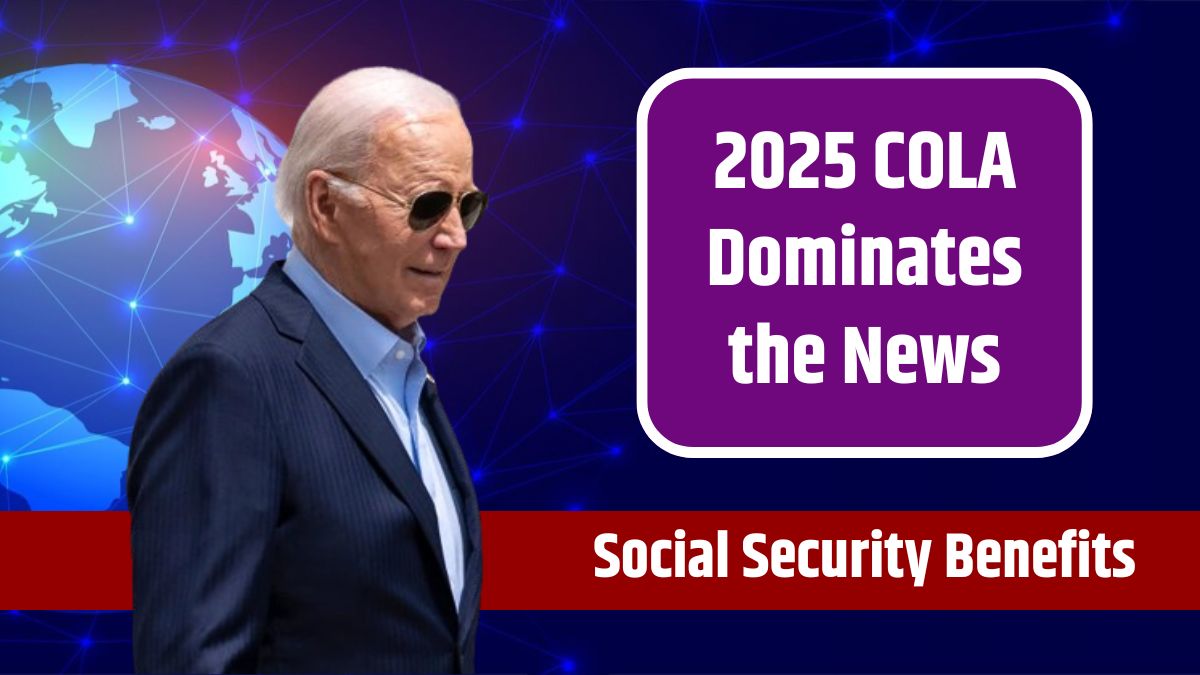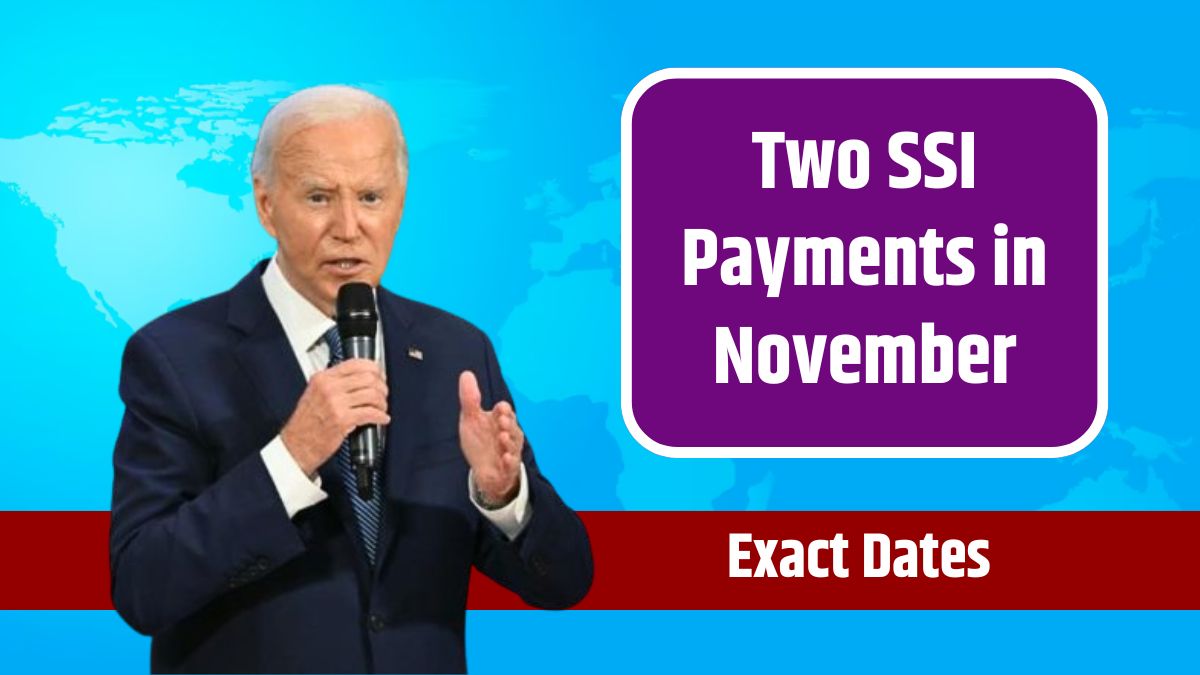In the wake of the COVID-19 pandemic, various government decisions, including the Trump administration’s handling of stimulus checks, have come under scrutiny. One notable controversy revolves around the Internal Revenue Service (IRS) and the Economic Impact Payments (stimulus checks) distributed in 2020. The decision to include former President Trump’s name on these checks has sparked debate, raising concerns about partisanship and the potential violation of federal laws governing the conduct of federal employees.
Here’s a closer look at the controversy surrounding the IRS stimulus checks and the implications of the decision to feature the president’s name.
Unprecedented Move
The controversy began in April 2020, when the Treasury Department directed that President Trump’s name be printed on the stimulus checks sent out as part of the COVID-19 relief package. Traditionally, checks issued by the Treasury Department feature the signature of a civil servant to ensure nonpartisanship. This marked the first time in U.S. history that a president’s name appeared on government-issued checks, raising concerns among IRS employees about potential violations of the Hatch Act.
What is the Hatch Act?
The Hatch Act, enacted in 1939, aims to ensure that federal programs are administered in a nonpartisan manner. It restricts certain political activities of federal employees to protect them from political coercion and to prevent political interference in federally funded programs. By including the president’s name on the checks, some officials feared that the IRS could appear to be endorsing Trump’s candidacy for the upcoming November 2020 election.
Internal Concerns
The decision to feature Trump’s name sparked internal debate within the IRS. Emails obtained by Bloomberg under the Freedom of Information Act revealed that IRS officials were concerned about the legality and potential backlash from this decision. An email from one agency official to IRS Commissioner Charles Rettig questioned whether legal counsel had considered the implications, stating, “Did Counsel push back on this? Did anyone raise the concern about how this makes the IRS appear?”
Kenneth Corbin, a Wage & Investment commissioner, further expressed concerns in an email to Deputy Commissioner Sunita Lough, highlighting the need for assurance from ethics officials that the IRS was not violating the Hatch Act. He emphasized the importance of documenting the agency’s stance to protect all parties involved.
No Legal Violations
Although ethics officials found no clear legal prohibition against including the president’s name on the checks, the situation was far from straightforward. The inclusion of the name was legally permissible, but it nonetheless sparked debate about the potential for political influence in a process intended to be impartial.
Delay in Stimulus Check
The controversy had practical consequences. The last-minute changes to add Trump’s name to the checks caused programming adjustments, resulting in concerns about delayed mailing. The timing was critical, as millions of Americans were in urgent need of financial assistance during the pandemic.
The situation escalated when The Washington Post reported that IRS officials were racing to implement programming changes, potentially delaying the issuance of the first batch of checks. Although the IRS ultimately managed to send out the checks on schedule, the damage was done. The reports fueled public perception that the delay was caused by the president’s desire for recognition on the checks.
Public Backlash
The media coverage sparked a flood of complaints from citizens, many of whom were struggling financially and viewed the situation as a needless delay during a time of crisis. Emails from IRS officials reflected the public’s frustration, with one noting, “For your awareness, people are now calling to complain about the checks being held back because the president wants his name on them.” The perception of political motivations during a national emergency further complicated matters for the IRS.
Lessons Learned
The controversy surrounding the IRS stimulus checks highlighted the need for careful consideration of the implications of government decisions during times of crisis. While the inclusion of Trump’s name did not violate any laws, it raised questions about the balance between political considerations and the need for a nonpartisan approach in federal programs. The incident also underscored the importance of transparent communication from government agencies to avoid misunderstandings and maintain public trust.
Moving forward, government agencies may need to reassess protocols for ensuring nonpartisanship in relief efforts to prevent similar controversies in future emergencies. The experience serves as a reminder that even well-intentioned decisions can lead to unintended consequences, especially in politically charged environments.
FAQs
Why was Trump’s name on the stimulus checks?
The Treasury Department directed that his name appear as part of the relief efforts during COVID-19.
Did the Hatch Act get violated?
No, there was no legal prohibition found for including Trump’s name.
Did the checks get delayed?
Despite concerns, the checks were ultimately sent out on time.
Why did this cause backlash?
Many felt that adding the president’s name politicized the relief checks during a crisis.
Who normally signs IRS checks?
Typically, a civil servant’s signature appears on Treasury-issued checks to maintain nonpartisanship.

